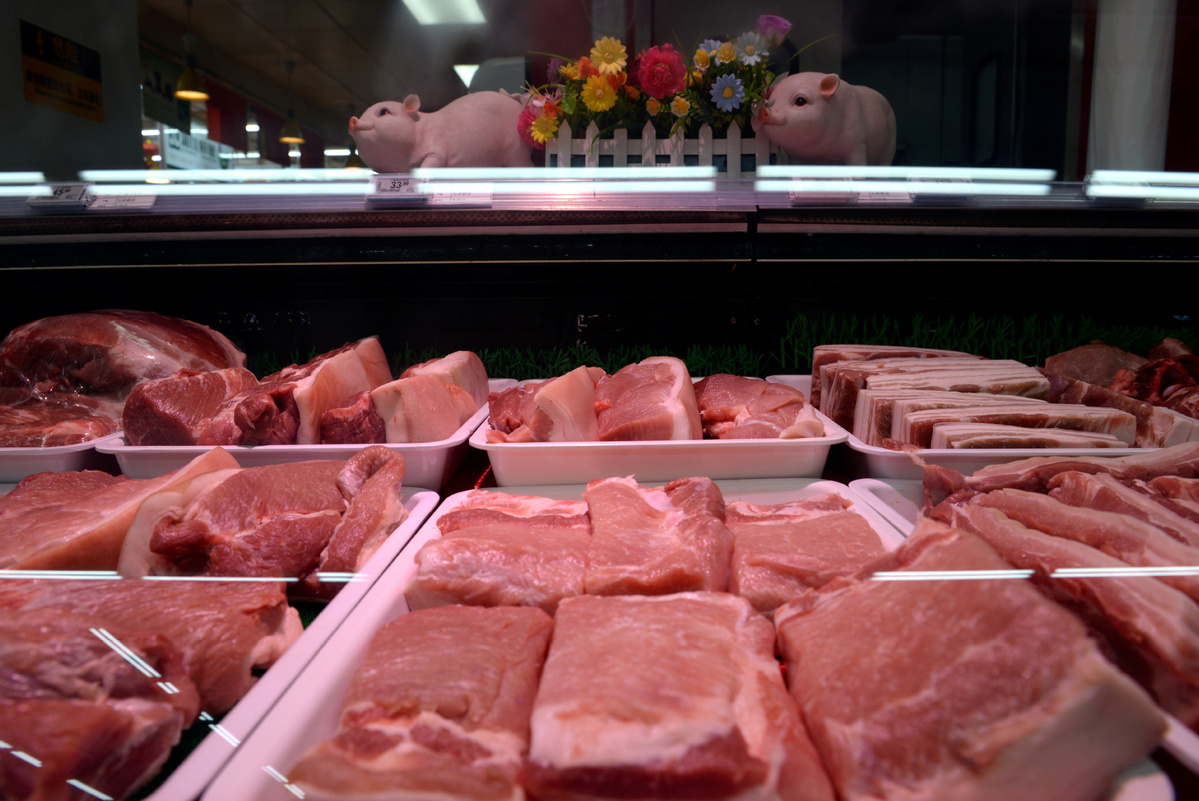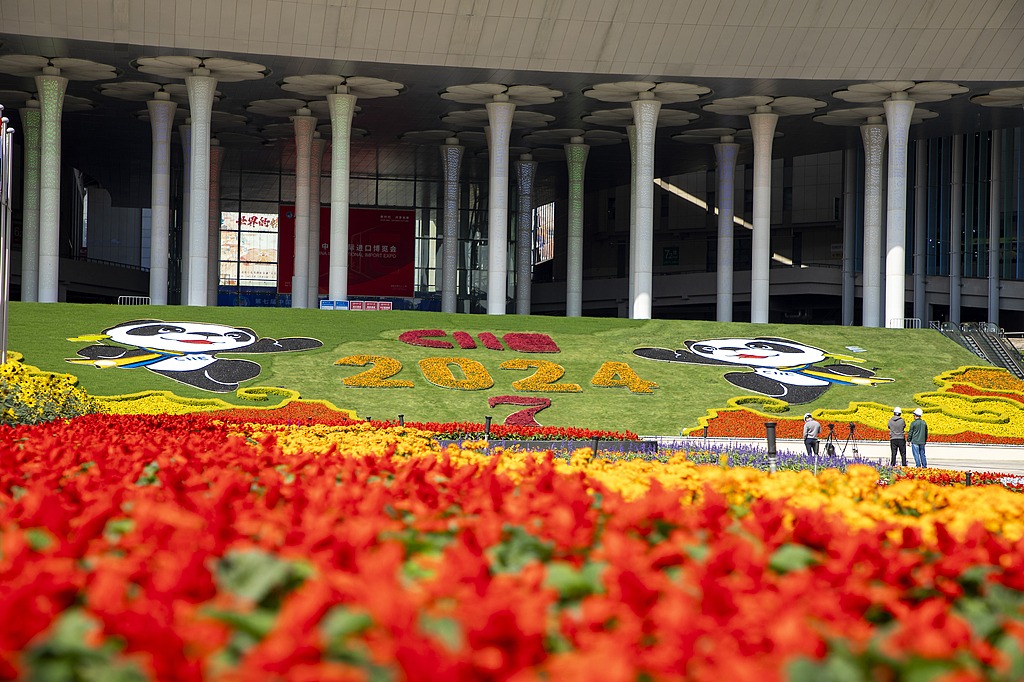China steps up meat imports to ensure holiday supply


BEIJING -- As the Chinese Lunar New Year draws near, global meat producers are rushing to meet the surging demand for protein on Chinese dining tables.
China's meat imports have seen a significant rise in the past year as the government lifted bans to fill a gap in domestic supply.
The country began to import meat products from 16 more countries in 2019, with imported meat hitting 5.49 million metric tons in the first 11 months, climbing 42 percent year-on-year, customs data showed.
In November alone, the country imported 644,000 tons of meat, surging 82 percent year-on-year, while pork imports increased 151.2 percent year-on-year to stand at 230,000 tons.
Hit by outbreaks of African swine fever, China's pig herd shrank notably in the past year, pushing up prices of pork and its alternatives.
As the staple meat is key to many traditional dishes for the Lunar New Year, the country has announced various measures including boosting imports to ensure holiday supply.
The country's pork-related imports were expected to top 3 million tons in 2019, while meat imports were estimated to exceed 6 million tons, according to the Ministry of Commerce.
The increase in imports, coupled with pork reserves to be released and a recovery in domestic hog production, will help meet demand in the coming Chinese New Year, said Vice-Minister of Agriculture and Rural Affairs Yu Kangzhen Wednesday.
Among the incentives to encourage meat imports, the country recently removed a ban on imports of Japan's deboned beef, while import tax on frozen pork was cut from 12 percent to 8 percent starting from this year.
Global exporters are actively stepping up production to cash in on the opportunity. Tony Stock, marketing manager with Prime Ranger Meats Limited, a New Zealand-based meat processing firm, said that the company's beef and lamb exports to China doubled last year.
"The Chinese market will continue to be our main export destination because of the very high demand for our natural meat products. The only concern we have at the moment is keeping up with demand," said Stock.
Jacky Wang, procurement director with Huaqiang Shines Industrial Development (Dalian) Co Ltd, said that prices of beef and mutton imported into China soared some 30 percent in the past year while volume also increased some 20 percent.
"As an increasing number of Chinese crave alternatives to pork, demand for other kinds of meat has seen a significant rise," he said.
The company sources beef and mutton from various countries including Australia, New Zealand, Uruguay and Argentina, to China.
To meet the surging demand, the company has signed contracts with dozens of new factories overseas, while inking a deal at the import expo in Shanghai last year to import beef from Mexico for the first time.
While meat imports could somewhat fill in the supply gap, China should nonetheless increase its own production capability and enhance its competitiveness in its domestic farming industry to ensure long-term stable supply, said Zhu Zengyong, a researcher with the Chinese Academy of Agricultural Sciences.




































